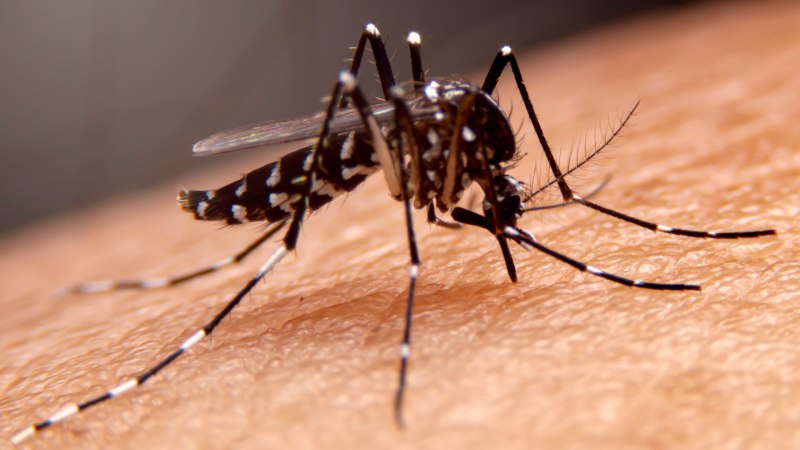ALL YOU NEED TO KNOW ABOUT DENGUE VIRUS

Dengue cases are on the rise in Pakistan and people are unaware of its symptoms and how to treat themselves at home when infected. It is creating fear among Pakistanis who don’t know about the basic facts of the Dengue virus. Read the article till the end to know all about the facts, symptoms and how to treat yourself.
Key Facts
1. 1 in 4: About one in four people infected with dengue will get sick.
2. For people who get sick with dengue, symptoms can be mild or severe.
3. Severe dengue can be life-threatening within a few hours and often requires care at a hospital.
Symptoms
Mild symptoms of dengue can be confused with other illnesses that cause fever, aches and pains, or a rash. The most common symptom of dengue is fever with any of the following:
1. Sudden, high fever
2. Severe headaches
3. Pain behind the eyes
4. Severe joint and muscle pain
5. Fatigue
6. Nausea
7. Vomiting
8. Skin rash, which appears two to five days after the onset of fever
9. Mild bleeding (such as a nosebleed, bleeding gums, or easy bruising)
10. Aches and pains (eye pain, typically behind the eyes, muscle, joint, or bone pain)
Symptoms of dengue typically last 2–7 days. Most people will recover after about a week.
Diagnosing Dengue Fever
Doctors can diagnose dengue infection with a blood test to check for the virus or antibodies to it. If you become sick after travelling to a tropical area, let your doctor know. This will allow your doctor to evaluate the possibility that your symptoms were caused by a dengue infection.
Treatment
There is no specific medicine to treat dengue.
1. Treat the symptoms of dengue and see your healthcare provider.
2. See a healthcare provider if you develop a fever or have symptoms of dengue.
3. Rest as much as possible.
4. Take paracetamol to control fever and relieve pain.
5. Drink plenty of fluids to stay hydrated. Drink water or drinks with added electrolytes.
Severe dengue
1. About 1 in 20 people who get sick with dengue will develop severe dengue.
2. Severe dengue can result in shock, internal bleeding, and even death.
3. If you have had dengue in the past, you are more likely to develop severe dengue.
4. Infants and pregnant women are at higher risk for developing severe dengue.
Symptoms of severe dengue
Immediately go to a local clinic or emergency room if you or a family member has any of the following symptoms.
1. Belly pain, tenderness
2. Vomiting (at least 3 times in 24 hours)
3. Bleeding from the nose or gums
4. Vomiting blood, or blood in the stool
5. Feeling tired, restless, or irritable
Treatment of severe dengue
1. If you have any warning signs, see a healthcare provider or go to the emergency room immediately.
2. Severe dengue is a medical emergency. It requires immediate medical care at a clinic or hospital.
